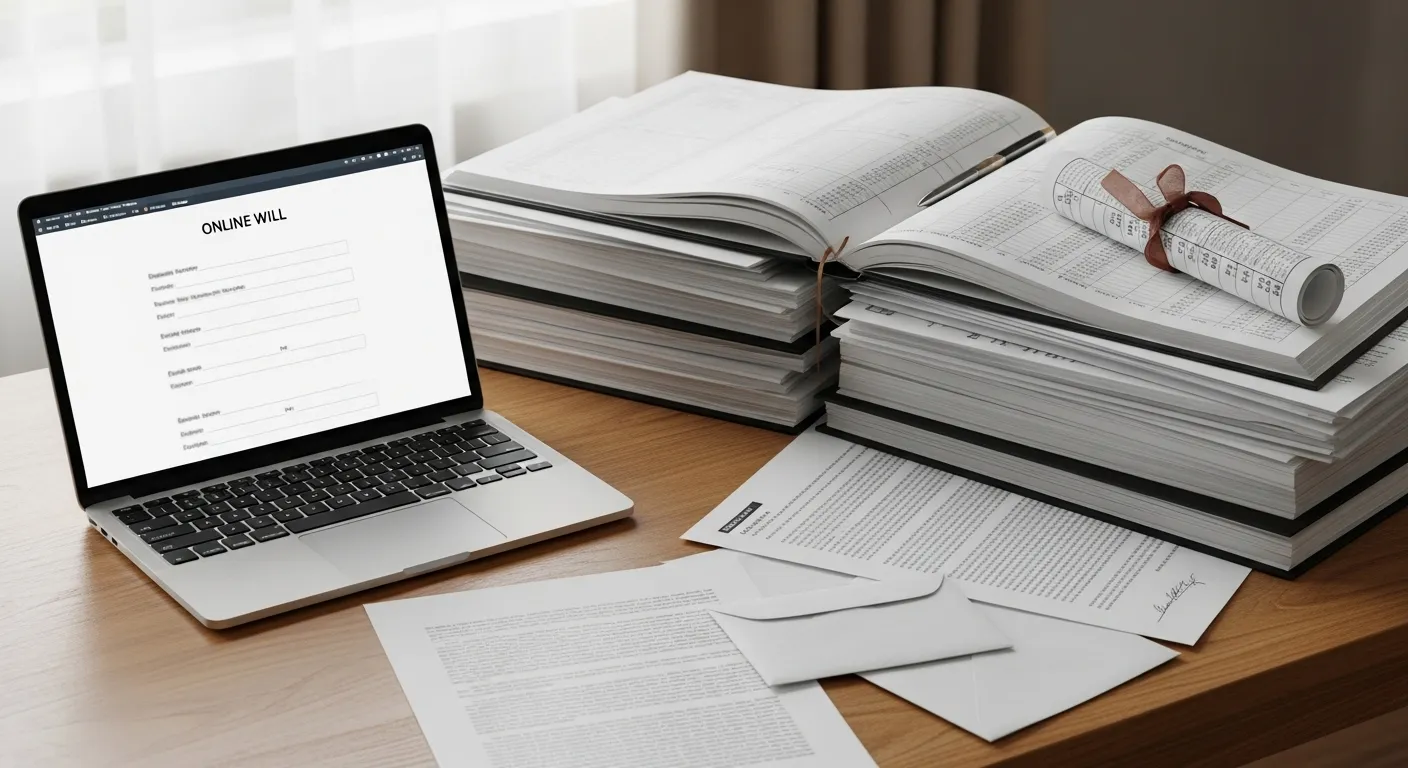
Common Mistakes and How to Avoid Them
The path of estate planning and probate is filled with potential pitfalls that can lead to confusion, conflict, and costly legal battles. Understanding these common mistakes from both the perspective of the person making the will and a potential challenger can help ensure a smoother process for everyone.
For the Person Making the Will (The Testator)
The best way to deal with a will contest is to prevent one from ever happening. Taking careful steps during the estate planning process can create an “armor-plated” will that is much more difficult to challenge successfully.
Mistake 1: The DIY Approach for Complex Estates. While online will-making services can seem like a cost-effective solution, they can be a recipe for disaster if your situation is anything but simple. If you have significant assets, a blended family, own a business, or plan to disinherit a child, a generic form cannot account for the legal nuances and potential challenges.
How to Avoid It: Work with an experienced estate planning attorney. A lawyer can not only ensure your will is technically perfect but also help you create a record to defend against potential claims of incapacity or undue influence. This investment upfront can save your family immeasurable stress and expense later.
Mistake 2: Failing to Follow Signing Formalities. As discussed, even the slightest deviation from your state’s execution requirements can invalidate your will. Having a friend sign as a witness a day later, or not having the witnesses physically present when you sign, are common and fatal errors.
How to Avoid It: Have your attorney supervise the signing ceremony (the “will execution”). They will ensure all state laws are followed precisely, use disinterested witnesses (people who are not beneficiaries), and create a contemporaneous record of the event, which can be powerful evidence if the will is ever challenged.
Mistake 3: Making Major Changes When Your Health is Failing. Last-minute, dramatic changes to a will—especially when the testator is elderly, ill, or dependent on others—are a major red flag for undue influence or lack of capacity.
How to Avoid It: Review and update your estate plan regularly when you are in good health. If a late-in-life change is absolutely necessary, take extra precautions. Consider getting a letter from your doctor affirming your mental capacity, or even videotaping a session with your attorney where you explain the reasons for the changes in your own words.
For the Person Considering a Challenge
If you find yourself on the other side, contemplating a will contest, avoiding common missteps is just as crucial.
Mistake 1: Acting on Emotion Alone. The most common reason people want to challenge a will is because they feel the outcome is unfair. However, “unfairness” is not a legal ground to contest a will. A testator has the right to be unfair, unusual, or even unkind in their will, as long as it is legally valid.
How to Avoid It: Before taking any action, step back and focus on the legal grounds. Do you have credible evidence suggesting your loved one lacked capacity, was under undue influence, or that the will was improperly signed? Your feelings are valid, but a successful court case must be built on facts and evidence.
Mistake 2: Waiting Too Long to Act. The law sets strict deadlines, known as statutes of limitations, for contesting a will. Once a will is formally submitted to the probate court, the clock starts ticking. This window can be as short as a few months.
How to Avoid It: If you have concerns about a will, you must consult with a probate litigation attorney immediately. If you miss the deadline, you lose your right to challenge the will forever, no matter how strong your case might have been.
Mistake 3: Underestimating the Costs. Will contests are a form of litigation, and they can be incredibly expensive, time-consuming, and emotionally destructive. Legal fees can quickly deplete the very inheritance you are fighting for.
How to Avoid It: Have a frank and realistic conversation with an attorney during your initial consultation. Discuss the potential costs, the strength of your evidence, the likely timeline, and the probability of success. A good lawyer will help you perform a cost-benefit analysis before you commit to a long and difficult legal battle.




